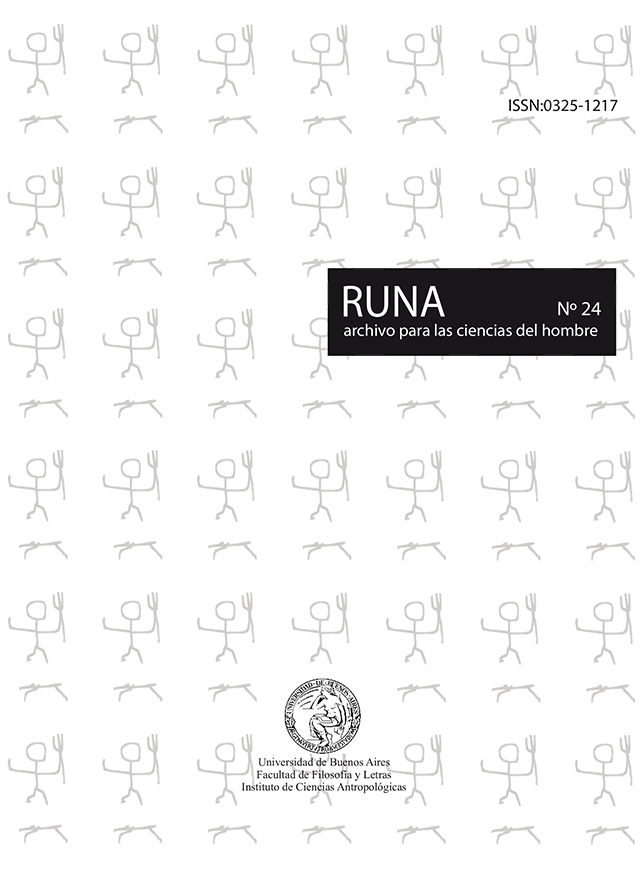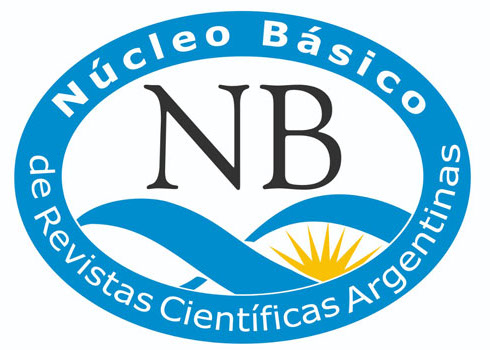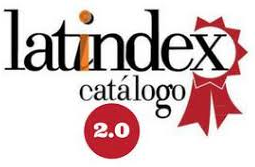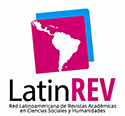Multiculturality and economy: the Teuco and Bermejito case
Abstract
Our proposal in this article is to analyze the economy carried on by rural population are settled in the Teuco and Bermejito rivers basin, in the province of Chaco, Argentina. They are "criollos" and indigenous families (wichi and toba) settled there from the begining of the XXth. century. In spite of this an interethnic system was established in which multiculturality is the main feature. The fundamental economical activities are: cattle, fishing, hunting, gathering carried on historically by indigenous households, although in present days because of the economical crisis also are practiced by poorest "criollos” families. Another activity is cotton harvest spread all over the province. The crisis which affected the local economy as long with the changes occurred in the work process of cotton production linked with seasonal work, became more critical the situation of the households who lived in the Teuco and Bermejito basin. First of all we analyze the peculiarity of the productives activities and the process of migrant workers engaged in cotton harvest. Second, we try to explain about some features of the local crisis over local economies.Downloads

Runa, archivos para las ciencias is a publication of the Instituto de Ciencias Antropológicas, Facultad de Filosofía y Letras, Universidad de Buenos Aires and is distributed under a Creative Commons Attribution 4.0 International License.
Runa maintains its commitment to the policies of Open Access to scientific information, considering that both scientific publications and publicly funded research should circulate on the Internet freely, free of charge and without restrictions.
The contents and opinions expressed in published articles are the sole responsibility of their authors.



















